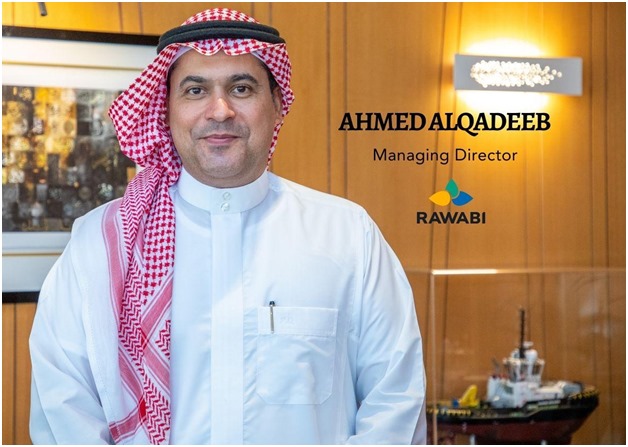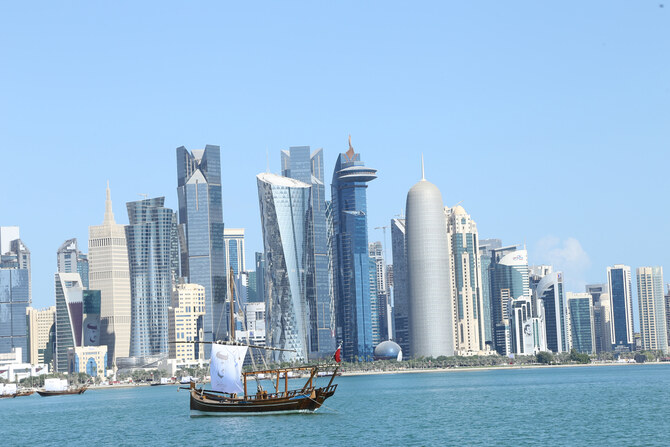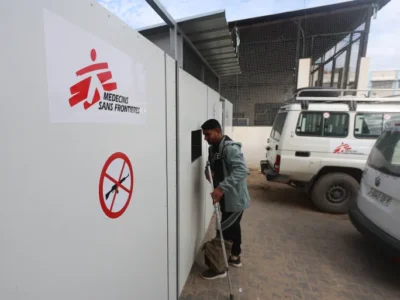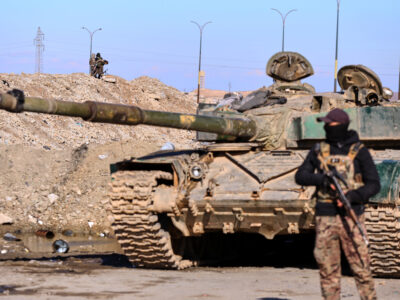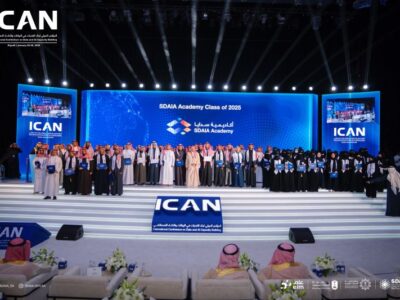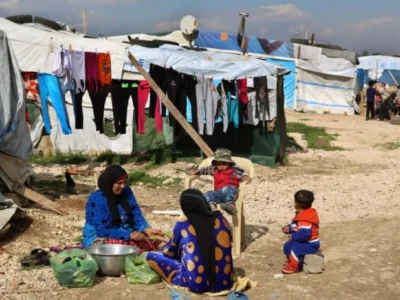According to the World Economic Forum’s most recent report, Saudi Arabia has ranked third among the Gulf countries in the world’s Energy Transition Index.
The study, “Fostering Effective Energy Transition 2024,” assessed the performance of 120 nations’ energy systems with a focus on fairness, environmental sustainability, energy security, and preparedness for the transition.
With an ETI score of 55.9 and a transition-readiness score of 45.4, Saudi Arabia came in at number 58 overall.
The latter statistic is based on a number of variables, such as the degree of political commitment, the stability of the regulatory environment, the investment climate, consumer participation, and the advancement and uptake of new technology.
The rankings show how the Kingdom has managed to balance its energy reserves with sustainability objectives in the face of technological improvements and fluctuations in the world economy.
In reaction to international agreements like the 2015 Paris Agreement and choices made at conferences like COP28, which came to an end in Dubai last December, nations all over the world are revamping their energy infrastructure.
The GCC countries have declared aggressive national and regional climate change programs in recent years. While Saudi Arabia intends to reach Net Zero by 2060 and has initiated the Middle East Green Initiative, the United Arab Emirates and Oman have committed to reaching Net Zero by that date.
Also Read:
During Hajj, AI-Enhanced Visual Medical Services Proved Beneficial
Tense Situation on the Israel-Lebanon Border as Fighting Breaks Out in Rafah, Gaza
























